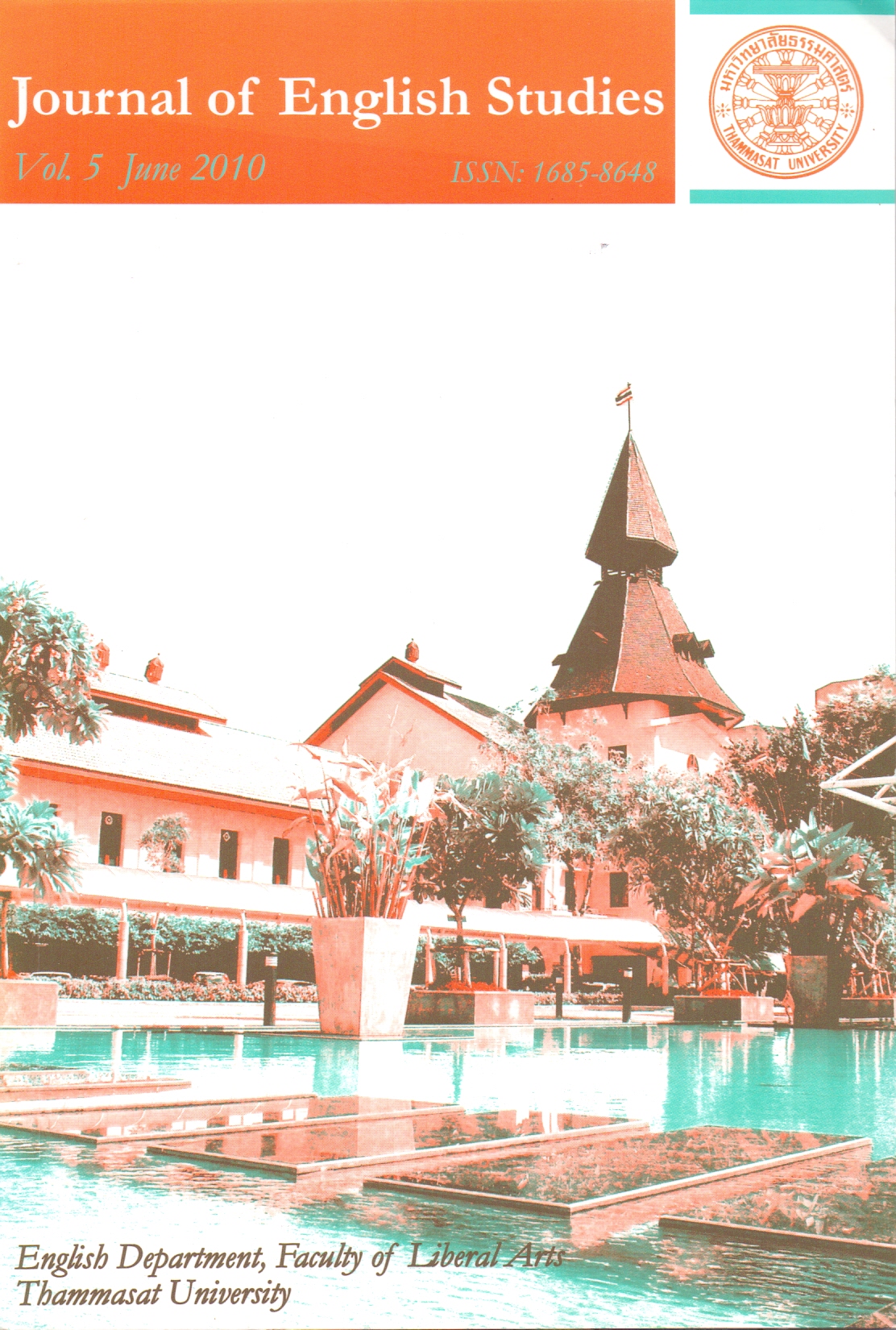Climategate, A Cautionary Tale: Rigour, Ethics and Logic in EFL Research
Main Article Content
Abstract
Whether or not investigations into the “Climategate” affair at East Anglia University and other academic institutions prove the beginning of the end of CO2 driven Anthropogenic Global Warming (AGW) theory, there are a number of lessons and warnings that all academics engaged in research, including EFL research, would do well to take note of. The author discusses briefly some of the main allegations made and major issues raised for academic research, including: the cherry picking of data; the distortion of data by statistical adjustments to support a hypothesis; the misleading presentation of data; the refusal to disclose data for replication; and the destruction of information subject to Freedom of Information Act requirements. The author revisits the logic of falsification demonstrated by Karl Popper and argues that this extraordinary incident at the interface between the academic world and policy implications reminds us that in EFL research we should be extremely careful in treating our data objectively, conducting research rigorously, and making claims based on such research.


